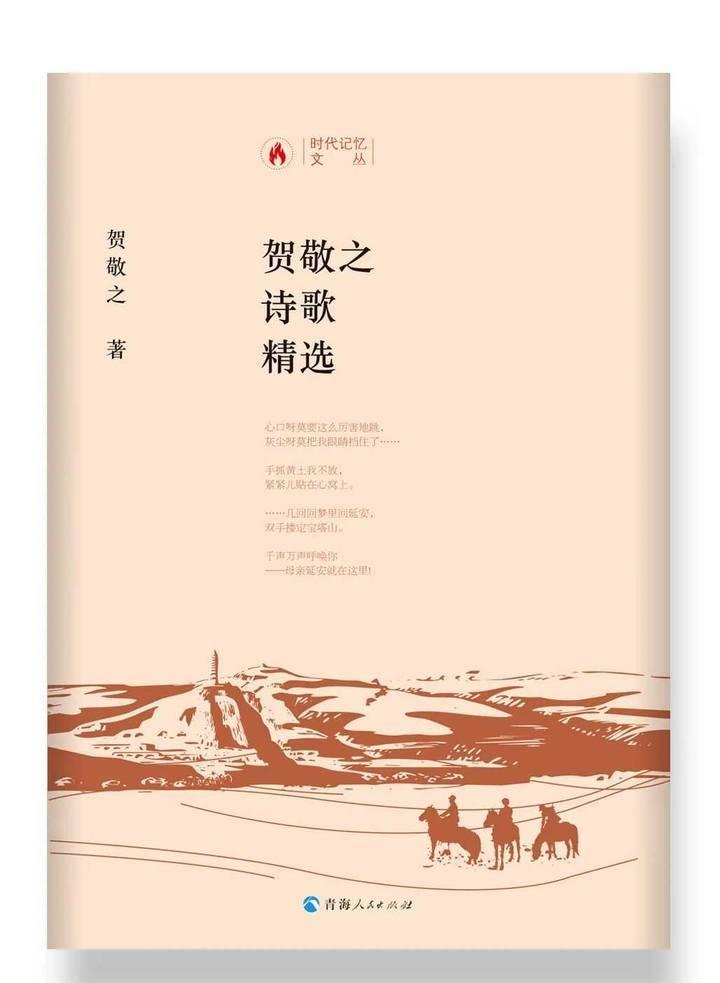
In November 2021, I stood in Zaozhuang, the poet's hometown, and opened the window of my soul to try to look up at Yan'an in northwest China. I saw him, and about him in the winter of 1940. It was also November, and He Jingzhi gladly began to write with the theme of "Snowflakes".
"I look at you as you fall softly from the smoke-like sky." In the first verse, the poet refers to snowflakes as "you", narrowing the psychological distance with snowflakes. Comparing the sky to smoke, a vivid image, and the word "lightly" writes both the light posture of snowflakes and the relaxed mood of snowflakes. This mood does not carry any stones, which is a true portrayal of the poet when he first arrived in Yan'an.
Verse 2: "I look at you, and you fall in the woods, on the roof, on the frozen river." This "looking" is by no means an ordinary look, but a solemn appreciation. The three "falling" show the closeness of snowflakes to nature and human beings.
Snow, when it settles on earth, is a pure flower. Snow, when it falls in the air, is a lovely angel. Snowflakes are blooming all over the place. That kind of bloom is both singing and dancing. "Your little wings are flying, singing with a low, gentle voice. I watched, I listened. "In the third verse, the author no longer poses the starting lineup of the first two verses of the poem—I look at you, giving people endless reverie. At this time, the snowflakes also have human feelings, and there is a poetic taste and Yaxing of "you are also looking at me". Snowflakes in the air, like cute elves. They are angels in flight. The wings were small and small, but they could still show a beautiful dance in the air. There is nothing more than this scene of singing and dancing. Snow, in the form of a flower, is warmly beautiful in the poet's eyes. Such a singing will be very hot, snowflakes do not have to worry, no fans come to the scene. The poet solemnly declared, "I watch, I listen."
In the fourth verse of the poem, the poet can no longer suppress the joy in his heart. His will had long since merged with the flesh and blood of snowflakes. "My happy heart is singing with you."
In the fifth verse, the poet says, "I have no sorrows, here." This is the northwest of China, and this is China's Yan'an. The more I looked at it, the more I felt that this was actually Snowflake's heart. Poet He Jingzhi, this is speaking for the happy snowflakes! Of course, the happy snowflakes are also speaking for the happiness of the young He Jingzhi.
In the sixth verse, the spring of Yan'an has not really arrived. "Here, in the winter, I work." This work is to learn, to learn the heart of a snowflake; this work is to fight, to show the poet's determination to fight against the heavens and the earth.
The last verse reads: "Dear comrade, I say: Spring has begun." Obviously, snowflakes have officially opened the prelude to winter, so how can the poet say that spring has begun? The ending is full of associative beauty and philosophical beauty, intriguing, expressing the poet's love and yearning for spring.
In short, in the poem "Snowflake", sixteen-year-old He Jingzhi, clutching his writing, walked out of the mental process of "I look at (you) - I listen to (you) - I am with you". This is a hymn to snowflakes, but also a hero's hymn. This snowflake symbolizes battle and heralds spring. The writing seems to be elegant, but it is actually bold.
One point number ming I am moral
Find reporters, reports, ask for help, major application markets download "Qilu OnePoint" APP or search weChat Mini Program "OnePoint Intelligence Station", more than 600 mainstream media reporters in the province are waiting for you to report online!